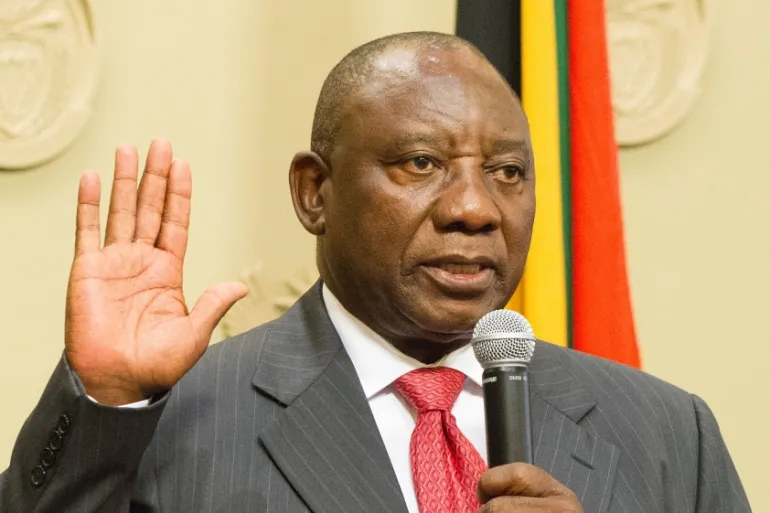The G20 summit in Johannesburg, South Africa, is set to proceed this weekend without U.S. President Donald Trump, who announced a boycott over claims that South Africa is persecuting its Afrikaner white minority. Trump’s decision marks a significant absence at the first-ever G20 leaders’ meeting on African soil, potentially undermining South Africa’s efforts to address issues affecting developing countries.
Trump has alleged that white Afrikaner farmers are being killed and their land seized, calling it a disgrace that South Africa is hosting the summit. The South African government and local Afrikaner communities have rejected these claims as misinformation. The U.S. will still take over the G20 presidency from South Africa, with a representative attending the formal handover ceremony.
The G20, formed in 1999, includes 19 of the world’s largest economies, the European Union, and the African Union, now totaling 21 members. Unlike the G7, it provides a platform for developing nations to raise global economic and development concerns. However, the summit often struggles to reach binding agreements due to differing interests among major powers, including the U.S., China, and Russia.
China’s Xi Jinping and Russia’s Vladimir Putin are also absent, though China will be represented by Premier Li Qiang and Russia by a lower-level delegation led by Maxim Oreshkin. Argentina’s President Javier Milei will skip the summit in solidarity with Trump. Despite these high-profile absences, leaders such as France’s Emmanuel Macron, Germany’s Friedrich Merz, and the UK’s Keir Starmer plan to attend.
South Africa, as the summit host, has prioritized climate change, disaster relief, green energy financing, and addressing global inequality. The country has proposed creating an independent international panel on wealth inequality, following a report led by Nobel laureate Joseph Stiglitz that warned of a global “inequality emergency.”
The two-day summit will also include bilateral meetings and discussions on trade deals, particularly in the context of the Trump-era tariffs that impacted the global economy. While protests are expected, South African President Cyril Ramaphosa emphasized that the summit will continue despite boycotts, asserting, “If you boycott an event or a process, you are the greatest loser because the show will go on.”

